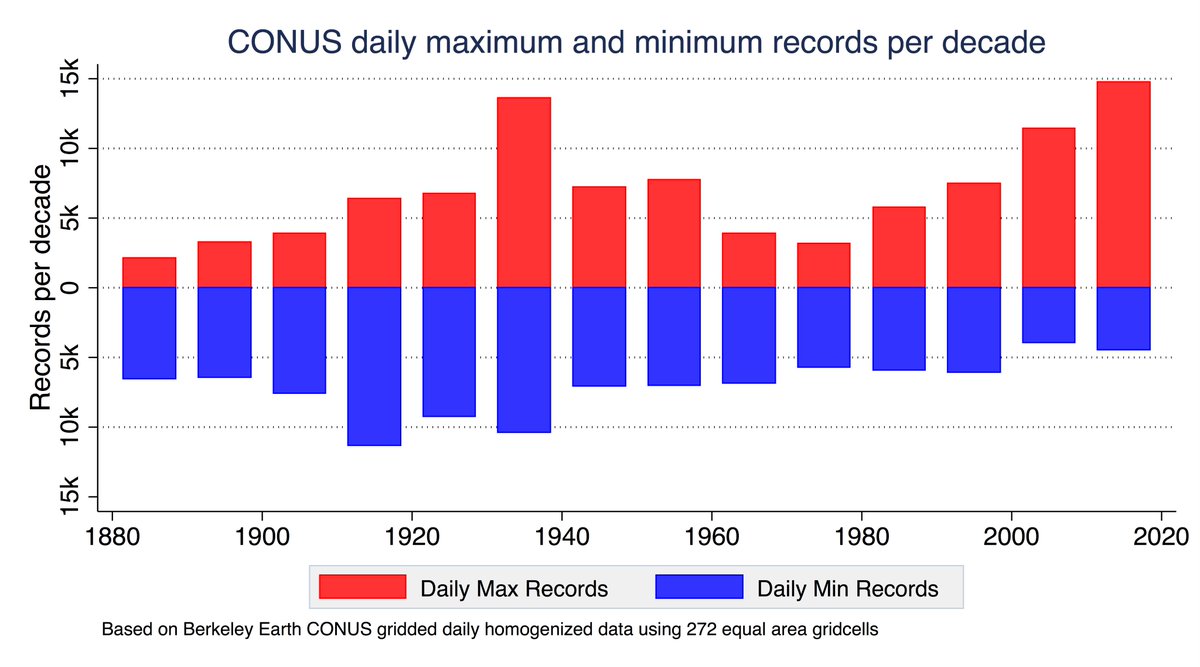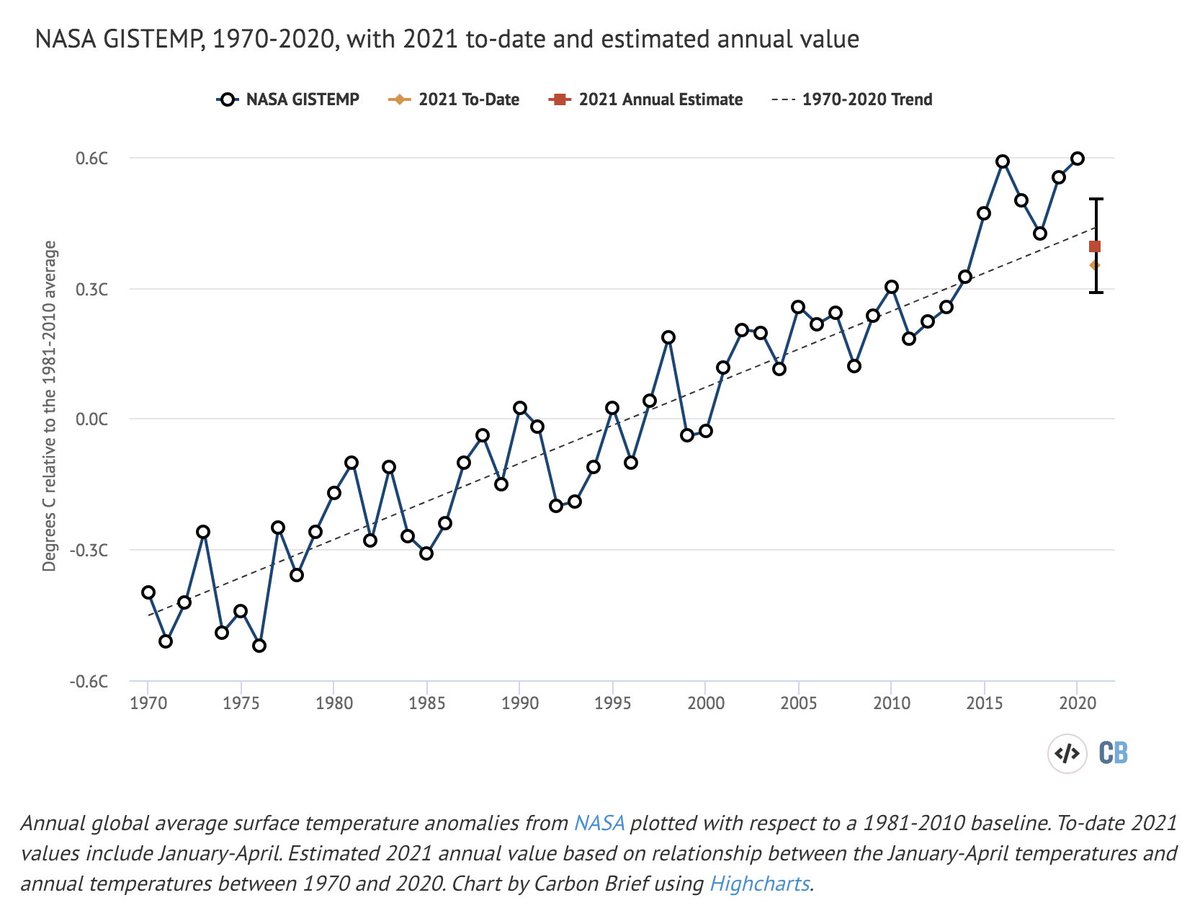
I often get asked about the role of behavior change vs technology in mitigating climate change.
But I find it hard to separate the two; we often forget that there is a virtuous cycle where technology enables behavior change, and behavior change accelerates technological change.
But I find it hard to separate the two; we often forget that there is a virtuous cycle where technology enables behavior change, and behavior change accelerates technological change.
For example, dietary changes (reducing red meat consumption) are a hugely important behavioral change in an otherwise hard-to-decarbonize sector. But switching from beef hamburgers to black bean patties or tofu steaks is a hard sell for many folks.
Now that we have meat alternatives like @ImpossibleFoods that taste nearly the same and can be used in the same recipes, the "costs" of behavioral change are much smaller. The same will happen as we transition from traditional beef steaks to lab-grown meats.
Another example is business travel. The pandemic has played a huge role in changing norms around virtual convenings/meetings, but technology has also made it possible to get more out of virtual interactions.
While there is a portion of the population that will voluntarily make large life changes to mitigate climate change (e.g. switching to a vegan diet), a larger portion likely will not. Technology can reduce or eliminate the sacrifice involved in adopting low carbon behaviors.
At the same time, technology greatly benefits from behavior. It takes time and scale for clean energy technologies to mature and become cost-competitive with fossil fuel alternatives.
Having a portion of green "early adopters" in a population who are willing to pay a premium helps drive down costs much more rapidly. Hybrid cars, electric vehicles and rooftop solar are all good examples where behavior helped adopt more rapid adoption and cost declines.
So while I'm skeptical voluntary behavior change will make a big dent in our emissions in isolation, when coupled with technological progress and government policy (e.g. subsidies, carbon pricing, and clean energy mandates) it can be a powerful force in driving the transition.
*helped create more rapid adoption and cost declines, that is
• • •
Missing some Tweet in this thread? You can try to
force a refresh










